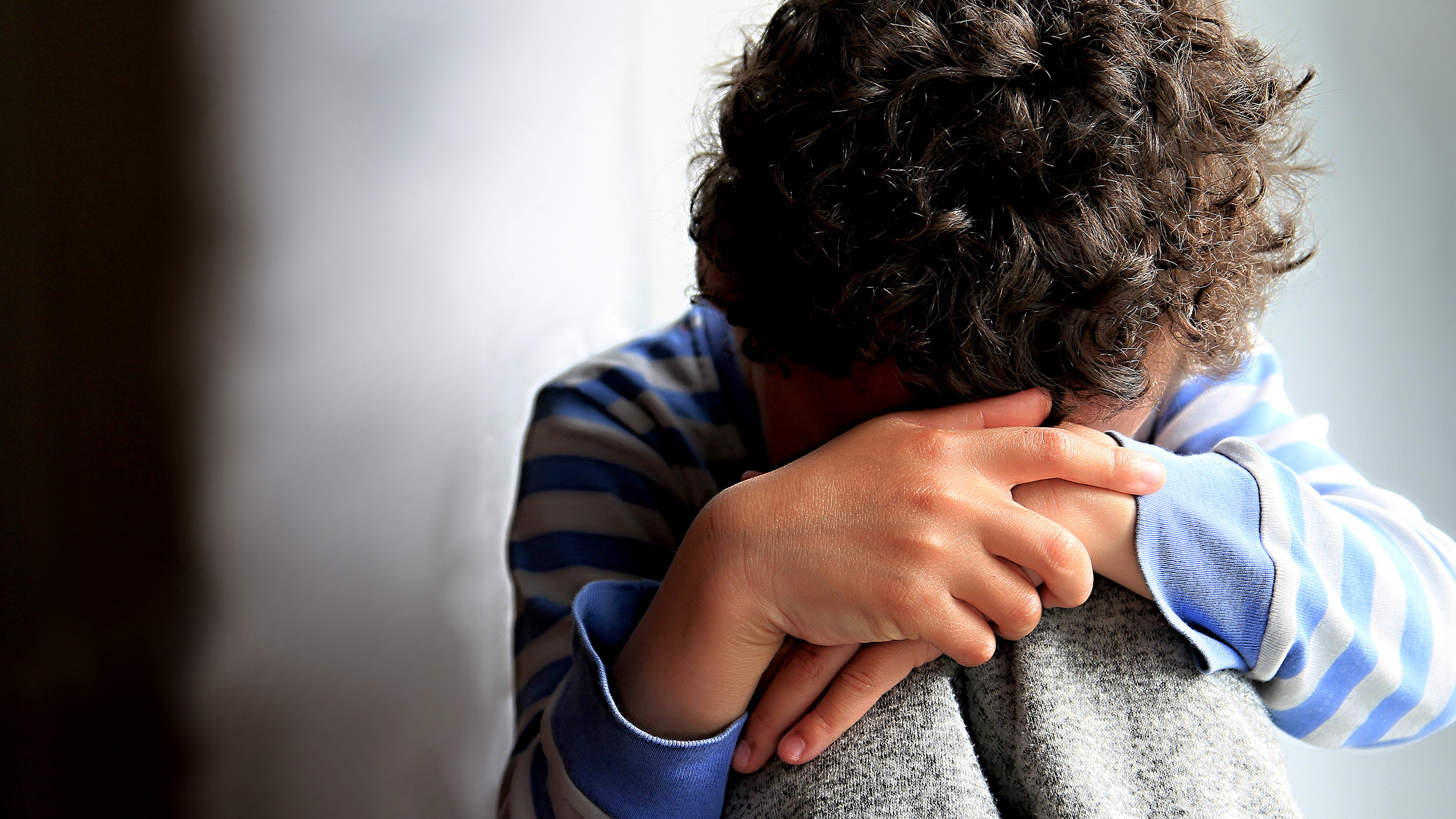Here, poverty, inequality and living standards expert, Dr Juliet Stone, comments on how although the move is a critical first step, much more needs to be done to create a real and lasting reduction in both child poverty and poverty generally.
“It is welcome news that the government has recognised that the two-child limit has only served to push more and more children into poverty and has had little or no effect on fertility or employment rates. Their commitment to removing this cruel policy is a critical first step in tackling child poverty and will ease financial hardship for thousands of households affected by the cap – a large proportion of whom are in work and have little scope to increase their incomes through earnings.
“However, with 4.5 million children in poverty in 2023/4, there is clearly still much to be done to make sure children and their parents have what they need to live with dignity.
“For out-of-work households, the cap on the total amount of benefits that they can receive means that for many larger families, particularly in areas with high housing costs, lifting the two-child limit will make little or no difference to their overall income. At the same time, the freeze on the local housing allowance means that many low-income households, both in and out of work, will have a substantial shortfall in the support they receive for housing costs, leaving them with even less disposable income.
“For working households with children, we know that even working full-time on the National Living Wage does not give them sufficient income to have a socially acceptable standard of living.
“Addressing these shortfalls will be important, but effectively tackling child poverty means not just increasing incomes, but addressing the rising costs that households continue to face for everyday living. Measures such as increased support with childcare costs are welcome, but for many even covering the cost of essentials such as food, housing and fuel remains unmanageable. More radical policies are needed if we are to see a real and lasting reduction in child poverty, and poverty more generally, under the current government.”
ENDS
Dr Juliet Stone is a Research Fellow for the Centre for Research in Social Policy at Loughborough University. For further comments or interview requests, please email the PR team or call 01509 222224.
